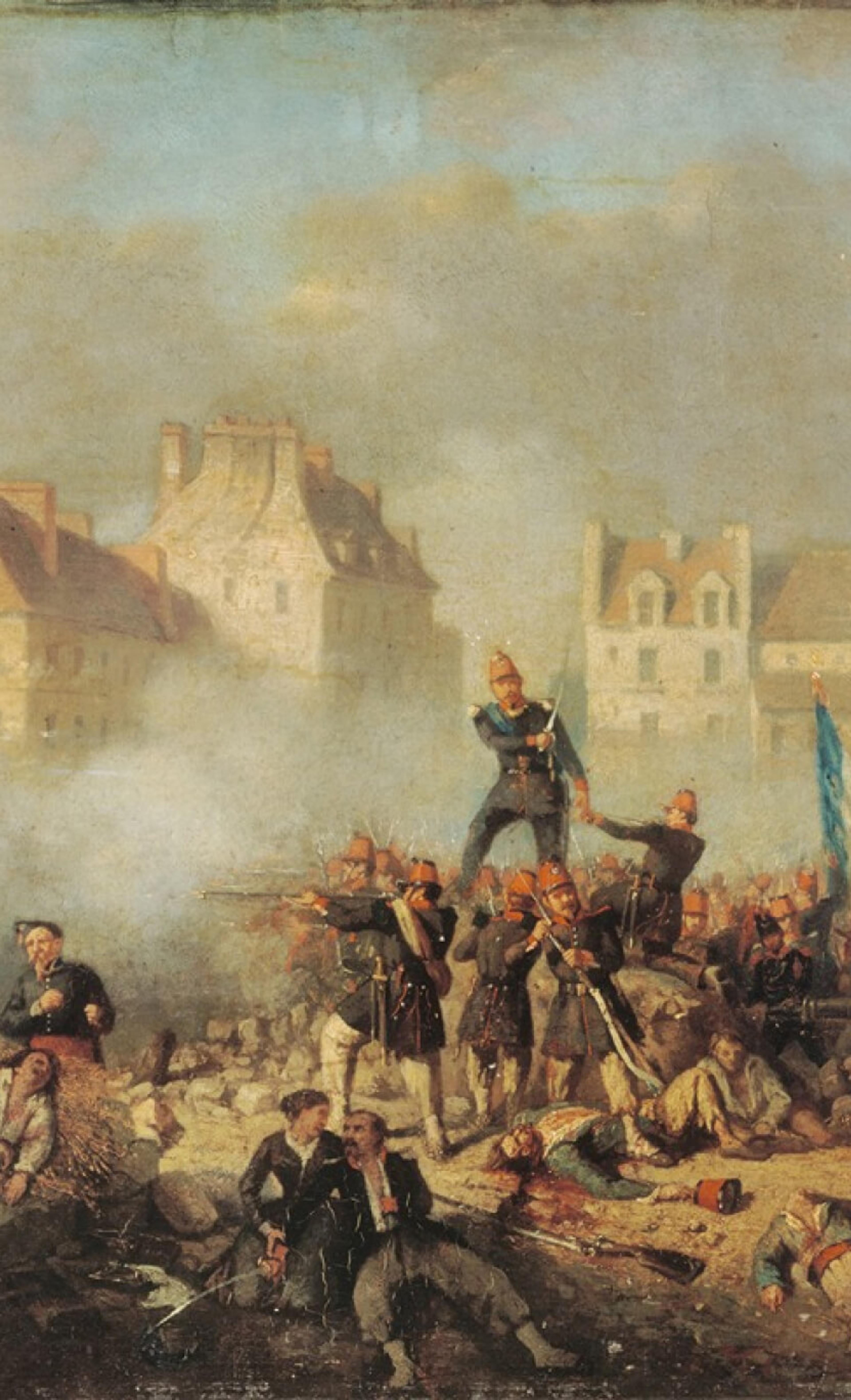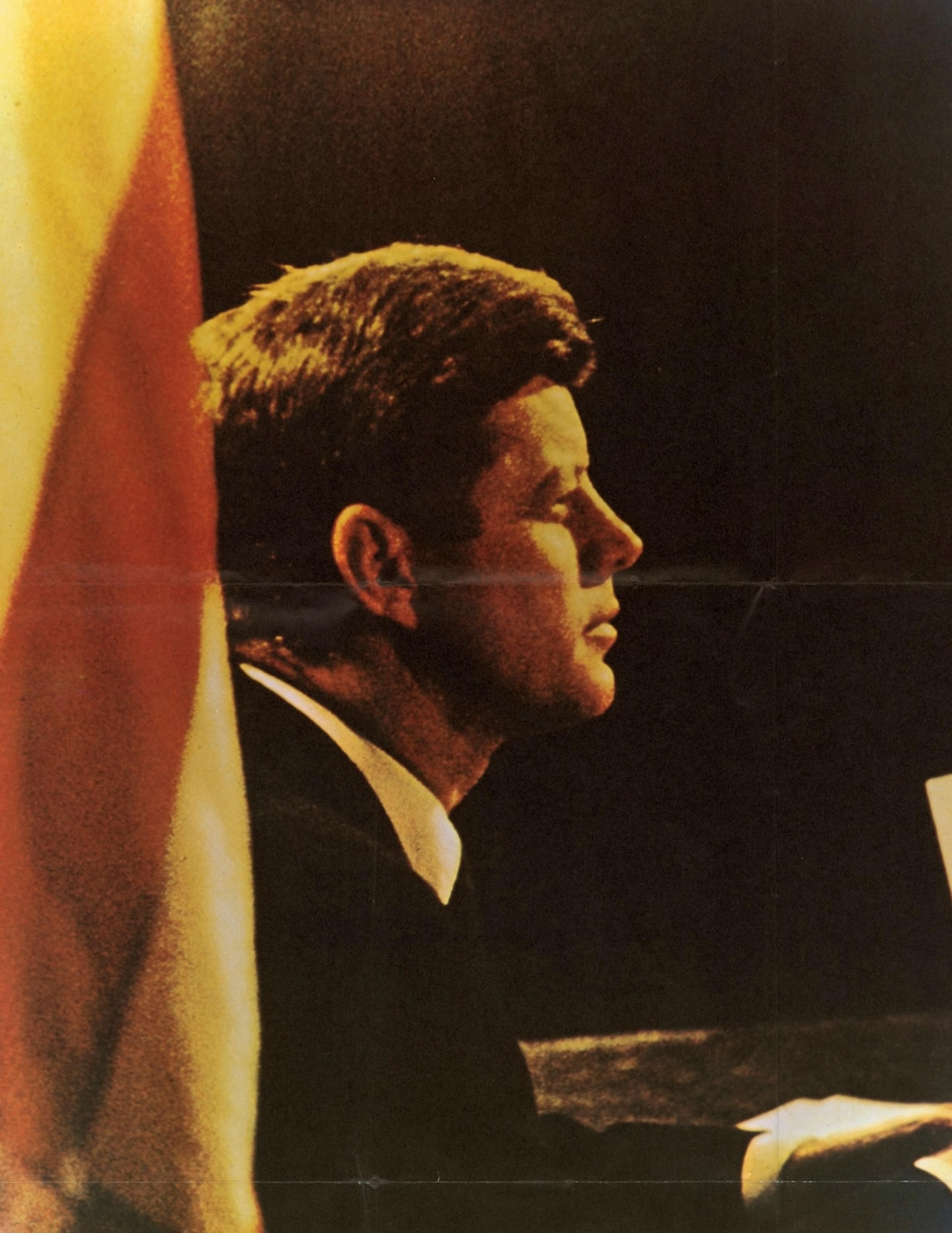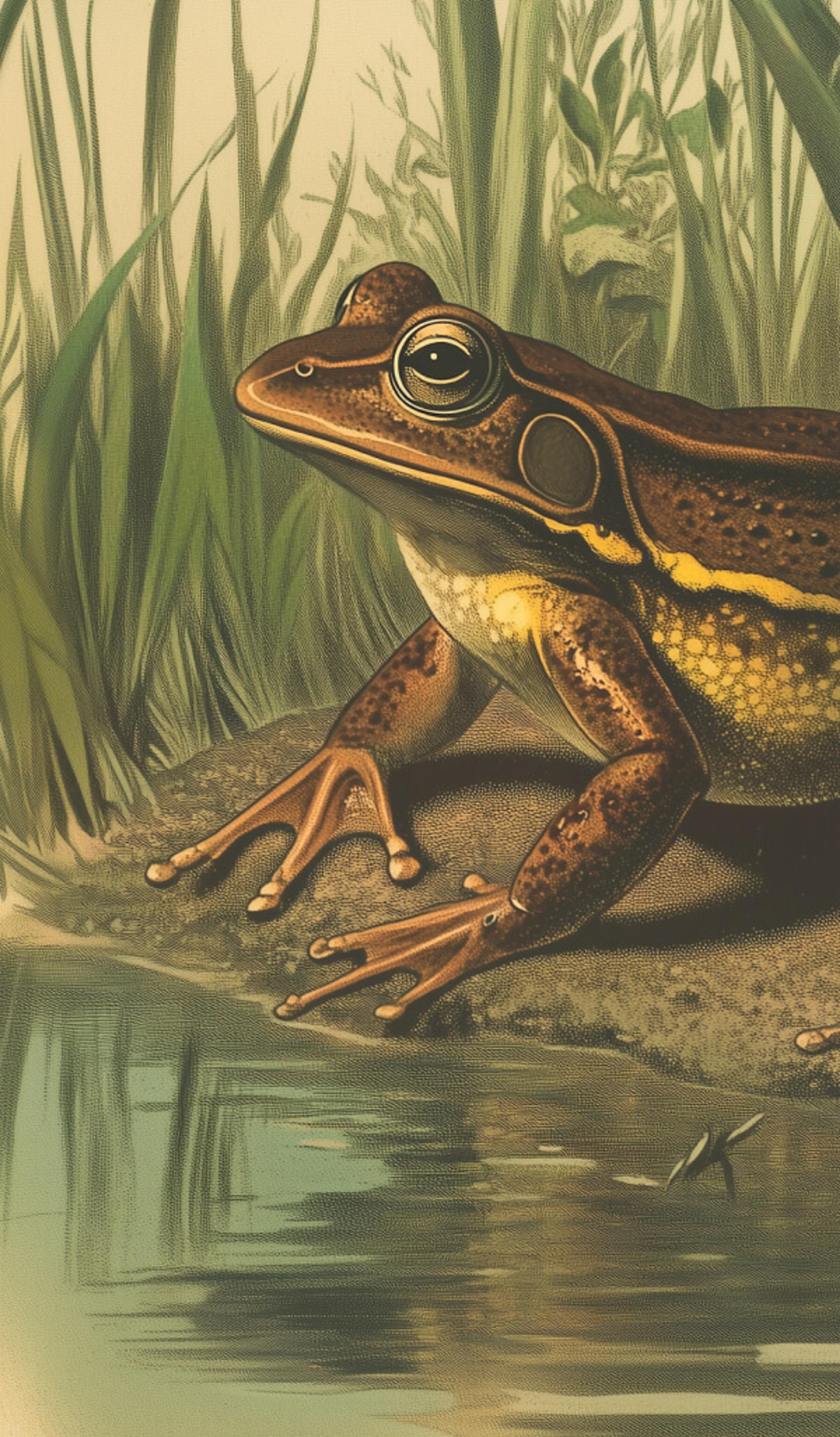HOW TO
Describe anEmotion
By
David Perell
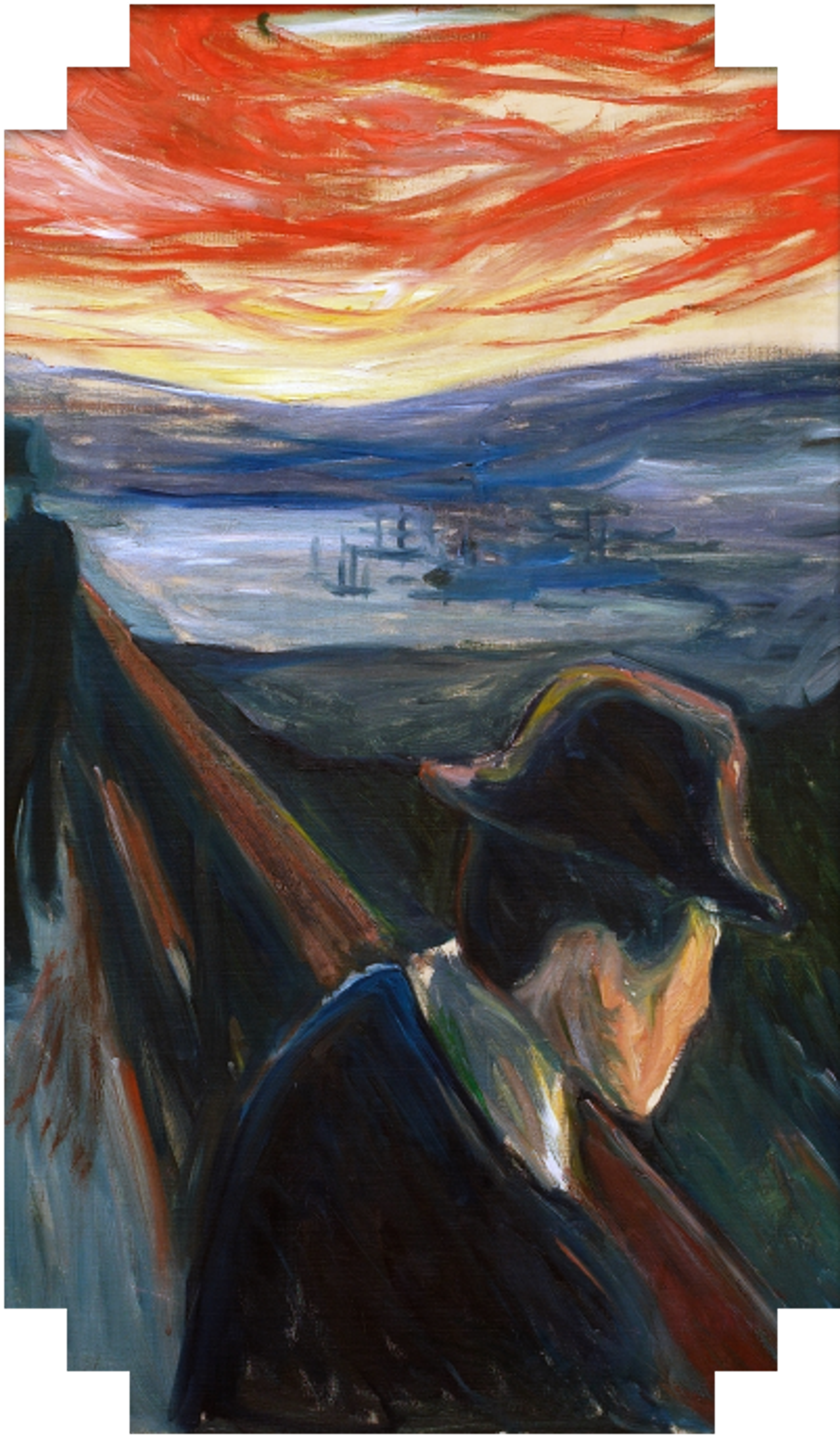
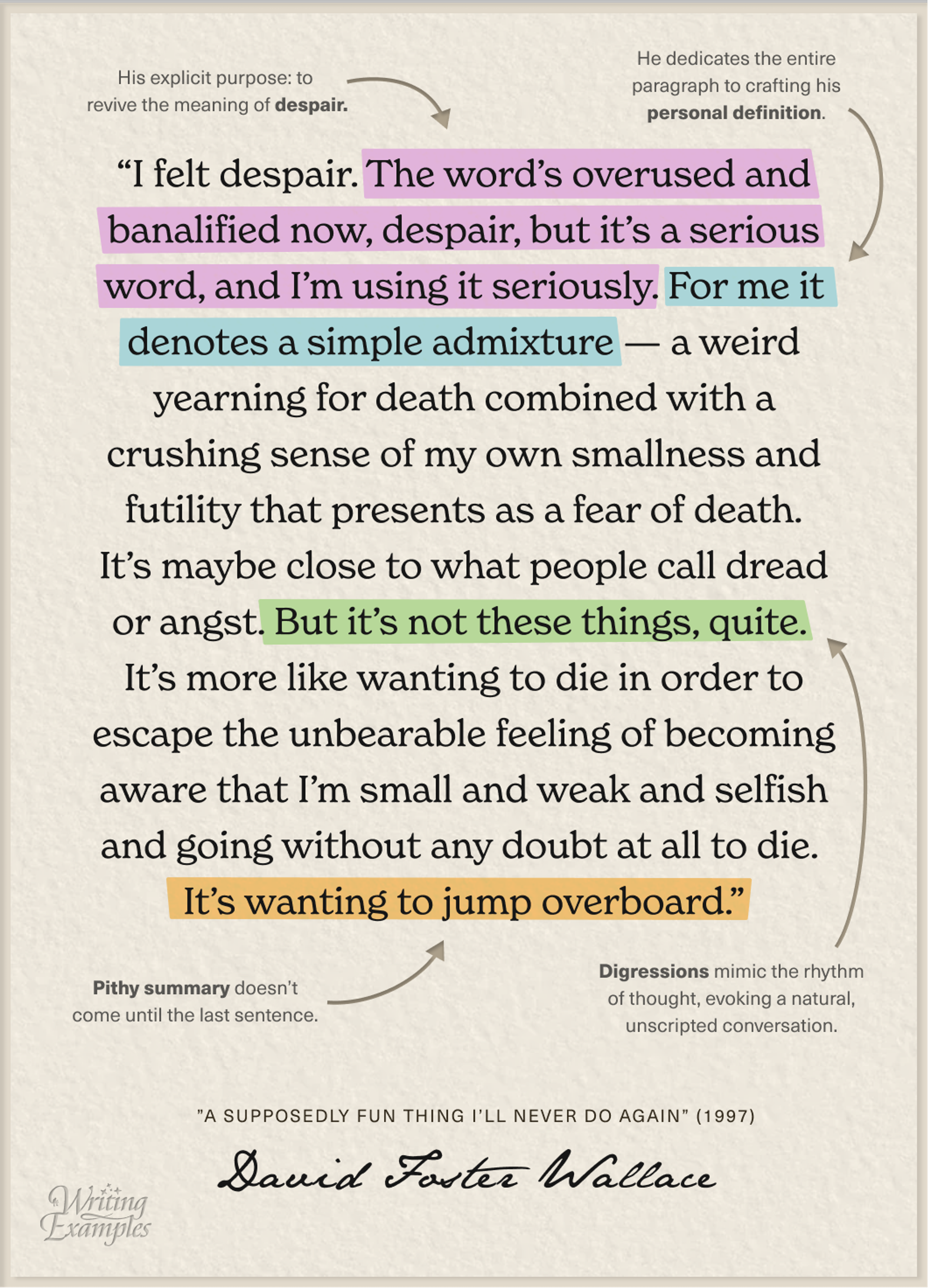
motions are hard to define because the universality of them can make them feel trite. Most people have felt a shade of despair, but probably not the tortuous depths of it. So to reclaim the weight of the word, David Foster Wallace devotes an entire paragraph to staking out his own personal definition. How does he do it?
Wallace describes despair in the way you’d describe it to a friend at the bar. Instead of taking the dictionary-efficient route, with the fewest possible words, his definition stumbles towards truth, with ever-more-precise descriptions, and only in the final sentence does he land on a pithy definition of despair.
This meandering path helps us connect with him because we feel like he’s working through his explanation, unrehearsed, in real time. Witnessing his thought process helps us trust him, both because his explanation is so intimate and because we’re seeing how deeply he’s grappled with the emotion.
The style is super conversational. The staccato cadence of spurts and pauses, assertions and caveats, long sentences and short sentences, mirrors the stops-and-start struggle of trying to describe something. You can picture him saying every word out loud. His description matches the rhythm of thought, with messy early definitions that are off-the-mark (by his own judgment), and gradually come into focus over time. Taken together, it’s the paragraph’s winding stutteriness that makes it so alive.
The lesson is that the most economical descriptions aren’t always the best ones. This one works because it creates a connection with readers, inviting them to follow his thought process as it unfolds, as if he’s talking to them at the bar.
Read More
Write like the Greats
New Writing Examples, right in your inbox.
“Beautiful, playful, and high-quality. Kudos.”
Clayton
from Missouri, USA
